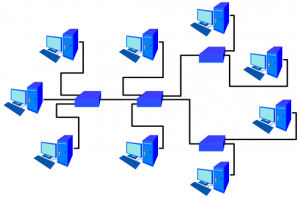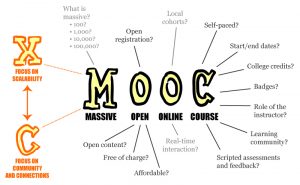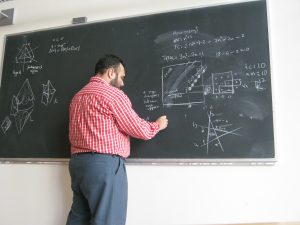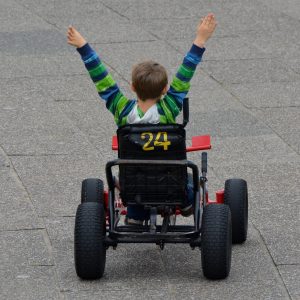
My undergrad capstone project dealt with using the R Programming Language to analyze statistical data. My group members and I didn’t know any R programming before beginning the project. We learned of a MOOC (Massive Open Online Course) run by Johns Hopkins University that we all took to get us started. This is a link to the R MOOC, but the site, Coursera, where it is found coordinates hundreds of MOOCs that are free to take.  I was fascinated while reading Danah Boyd’s book It’s Complicated – The Social Lives of Networked Teens by the amount of attention (both good and bad) given to Wikipedia. I too have been cautioned to never use Wikipedia for sources or citations, but it seems to me that Wikipedia is a model website for connected learning! Danah mentioned hoaxes that affected Wikipedia, so of course I needed to explore this subject on my own. Click the link to explore for yourself!
I was fascinated while reading Danah Boyd’s book It’s Complicated – The Social Lives of Networked Teens by the amount of attention (both good and bad) given to Wikipedia. I too have been cautioned to never use Wikipedia for sources or citations, but it seems to me that Wikipedia is a model website for connected learning! Danah mentioned hoaxes that affected Wikipedia, so of course I needed to explore this subject on my own. Click the link to explore for yourself!

I found this CNN video of Michelle Ciulla Lipkin when I was perusing the National Association for Media Literacy Education website. This clip discusses whether our president is promoting responsible fact-checking before retweeting information he hears on national news networks such as FOX news.

As a soon-to-be practicing math teacher I am always looking for sites where I can find ideas and get feedback from new and veteran math teachers. Mathteaching.org has lesson plans, ideas for using manipulatives, and (most importantly) links to MANY blogs that fellow math teachers are writing.

I read an interesting blog post about teacher collaboration written by Lily Jones. Here is a link. I think it’s important to remember that we can network in our own schools without the aid of computers. The blog is called Tcher’s Voice, has multiple contributors, and discusses topics ranging from social justice issues to Next Generation Science Standards.
![]()
I like to tinker with electronics, especially those that relate to musical instruments and guitar amplifiers. One of the sites I reference is one called the music electronics forum. Membership is free and support is provided for projects that anyone might need help with. This might be a great way for science teachers to connect a students’ love of music to an interest in electronics.

In my continued quest to find good do-it-yourself websites I came upon the Instructables website. There are step-by-step instructions and videos that can help you or a student figure how to do anything from baking muffins to building retro-style electric go-karts. I suppose I should have mentioned this during last week’s exploration of making, but it is a great place for finding a project that connects to a learner’s interests. If you complete the free sign-up you can ask questions and leave comments on any of the plans.

Thanks for reading,
Eric L